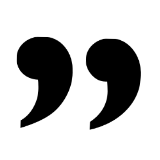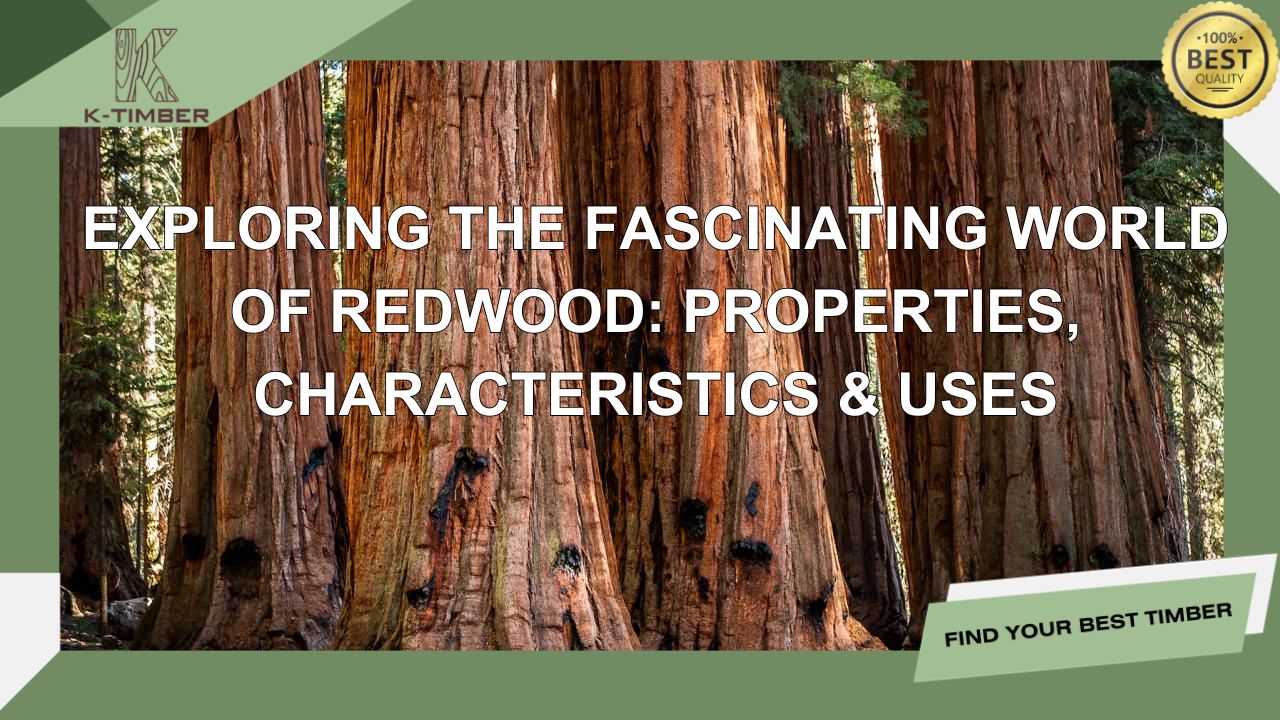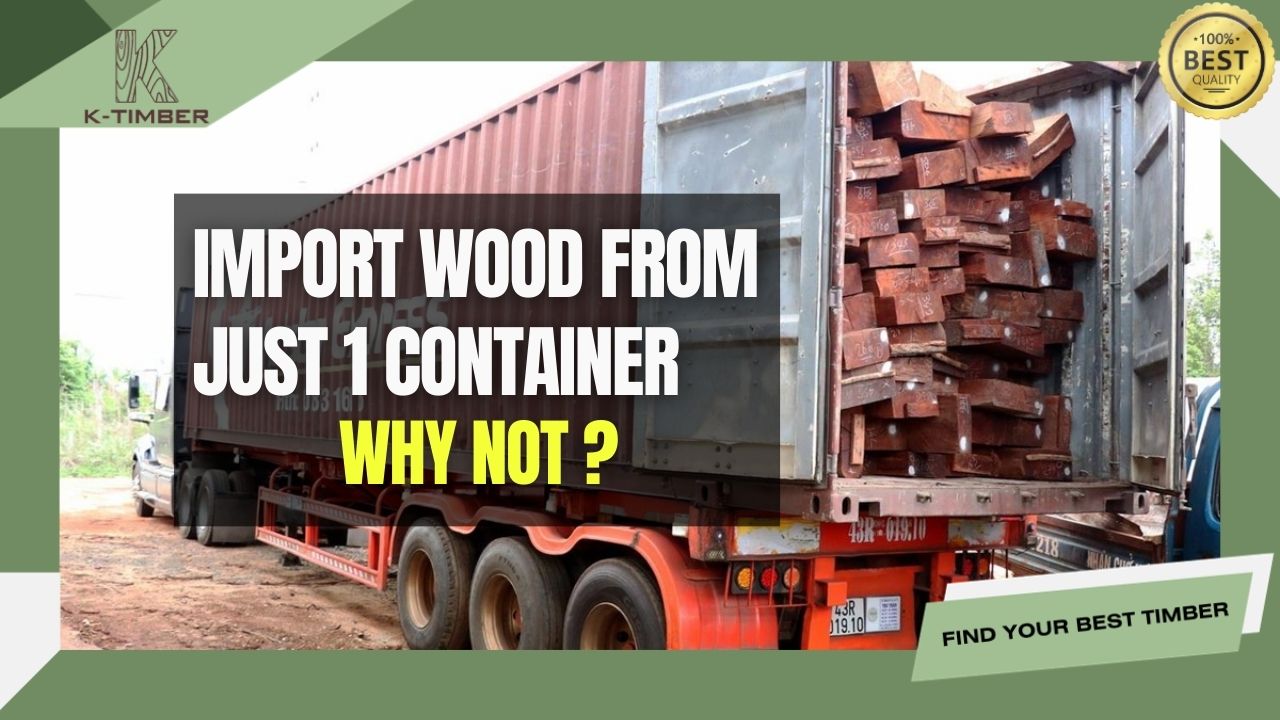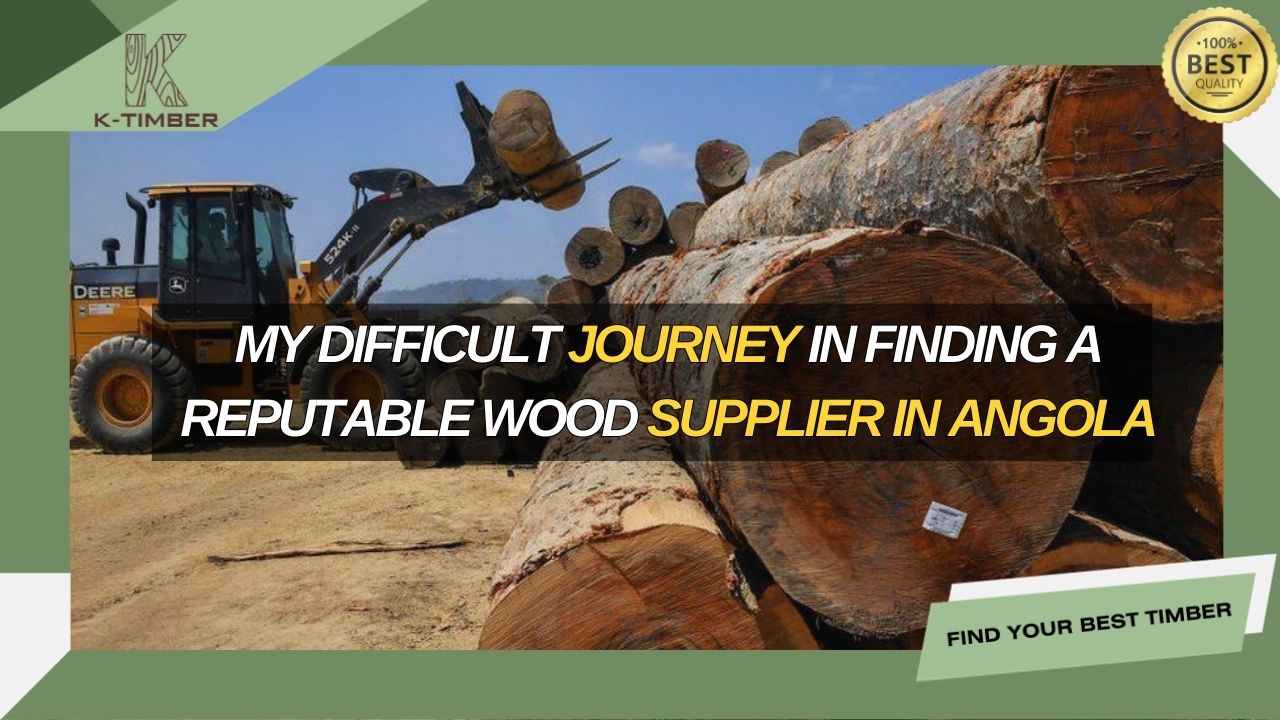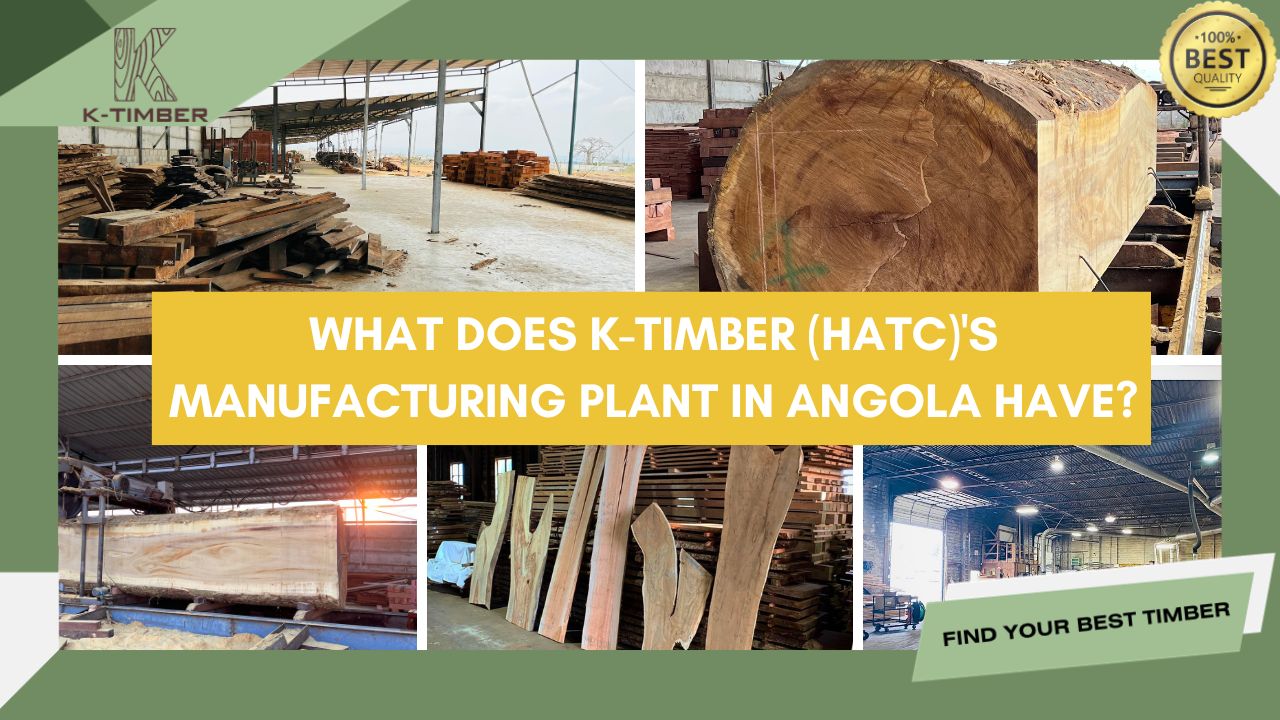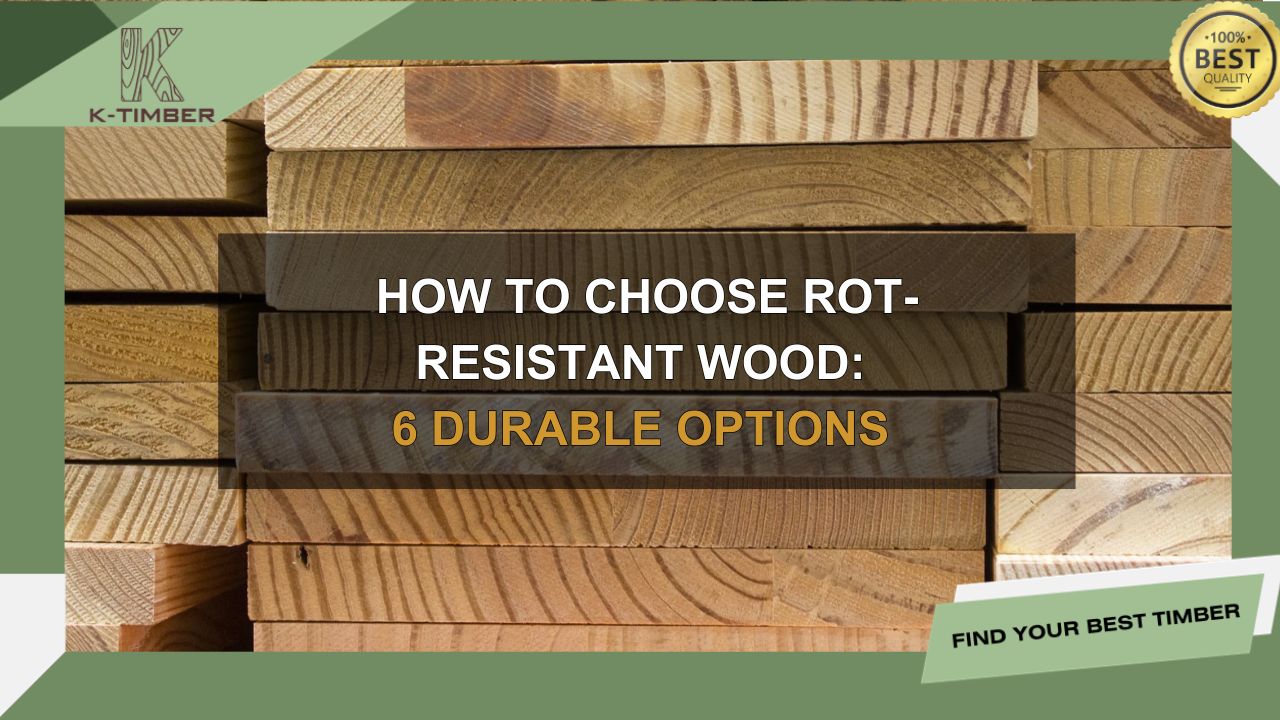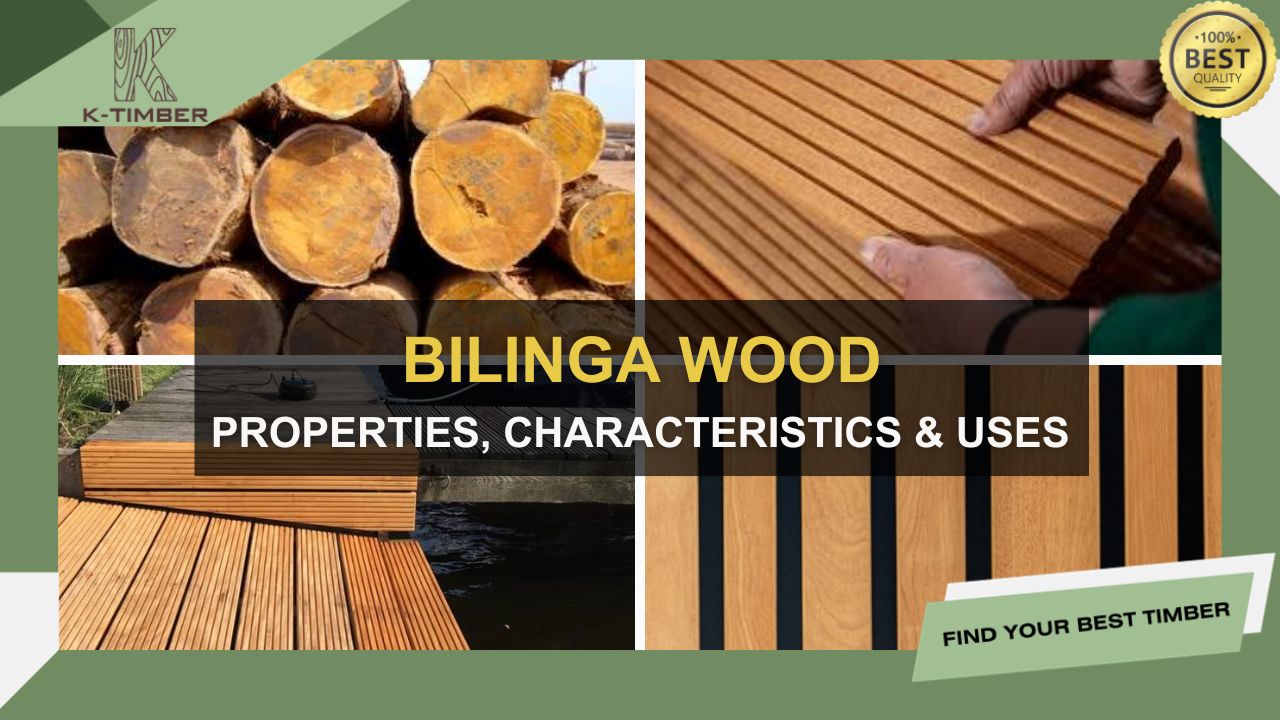When it comes to selecting the right wood for your outdoor or moisture-prone projects, durability and resistance to water are among the top factors to consider. Whether you’re constructing a deck, building outdoor furniture, or making inhouse things, choosing the right wood species can make all the difference in longevity and aesthetics. In this guide, we’ll explore the top 5 most water resistant wood species for your Project to help you make an informed decision.
Table of Contents
Iroko: The African Teak
Iroko, often called African Teak, is a dense and durable hardwood native to the west coast of Africa. It features a beautiful yellow to golden-brown hue that deepens over time, adding a rich, natural aesthetic to any project. This wood is highly prized for its resilience and longevity.
Iroko’s high natural oil content and dense grain structure make it exceptionally resistant to water and decay. These properties allow Iroko to endure the harshest weather conditions with minimal maintenance, making it an ideal choice for outdoor furniture, decking, and even boat building. Its natural durability means it can last for decades, even in wet environments.
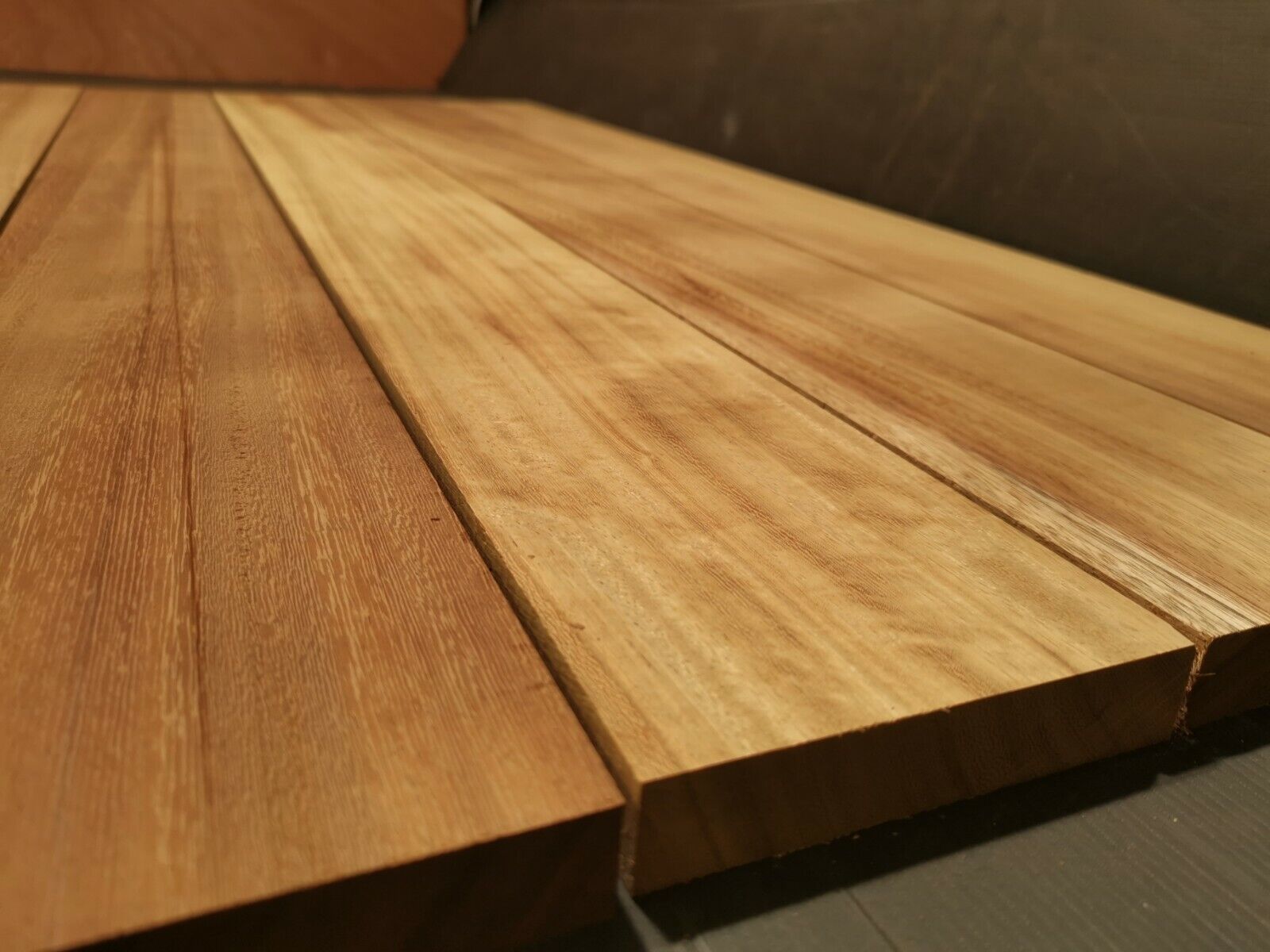
Oak: A Timeless Classic
Oak is a versatile and strong hardwood with a distinct grain pattern. There are several types of oak, including red oak and white oak, each with its unique features. White oak, in particular, is renowned for its superior water resistance compared to red oak.
White oak’s closed-grain structure and high tannin content make it highly resistant to water and decay. These attributes make white oak an excellent choice for outdoor applications such as garden furniture, decking, and wine barrels. In contrast, red oak has an open grain structure, making it more susceptible to water penetration and better suited for indoor use.
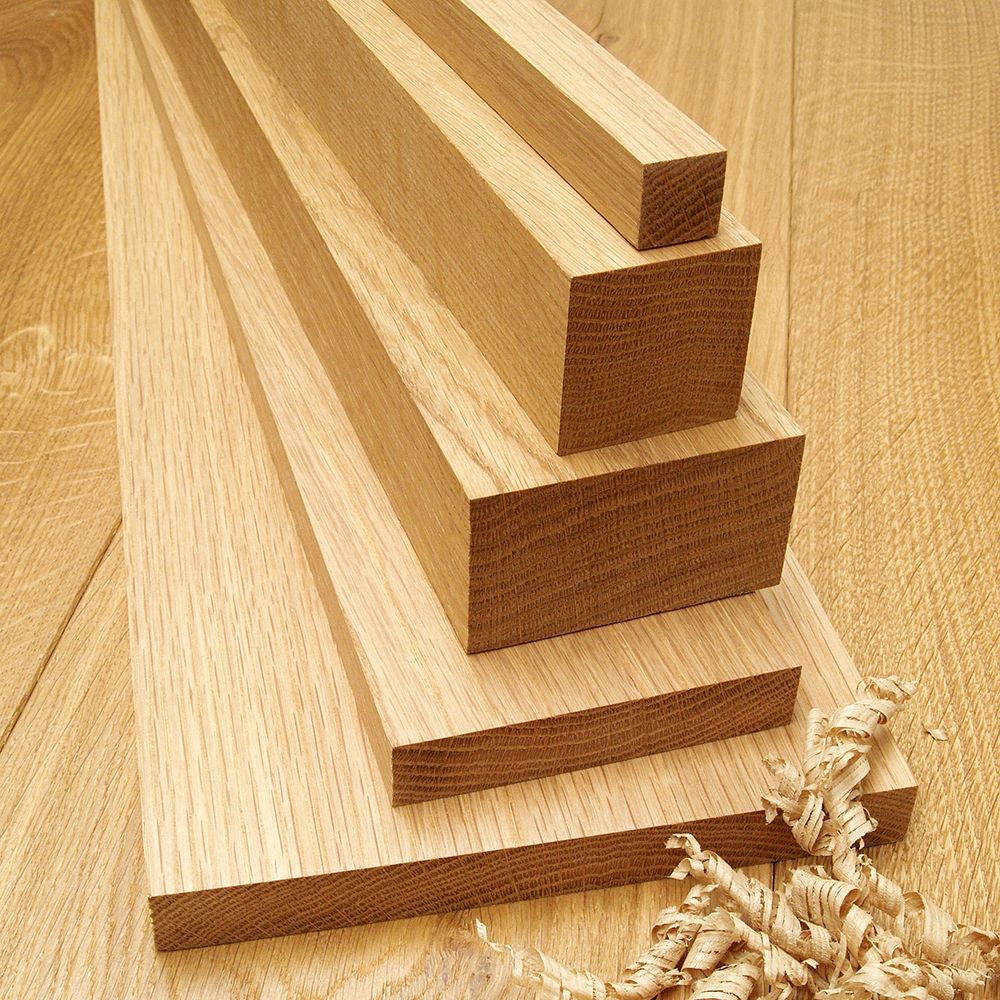
Red Cedar: Nature’s Aromatic Armor
Red Cedar is a lightweight, aromatic softwood known for its rich, reddish-brown color and fine, straight grain. Its natural beauty and pleasant scent make it a popular choice for various projects.
Red Cedar contains natural oils that make it extremely resistant to moisture, decay, and insect damage. This wood’s water-resistant properties make it perfect for siding, shingles, outdoor furniture, and garden structures. Additionally, Red Cedar maintains its stability and resists warping and shrinking, even when exposed to high humidity.
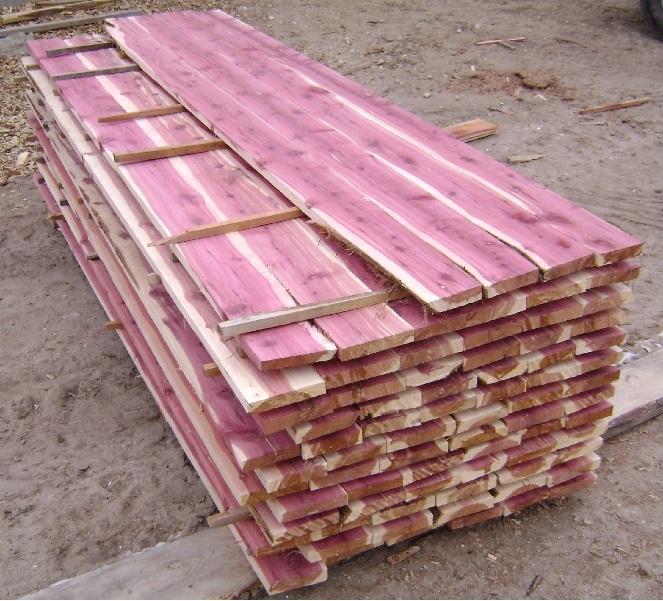
Heat-Treated Ayous: Modern Innovation (And Other Treated Wood)
Ayous, also known as Obéché, is a tropical hardwood with a light yellow color and a fine, even texture. Through a thermal modification process, heat-treated Ayous becomes significantly more durable and water-resistant.
The thermal modification process alters the cellular structure of Ayous, reducing its ability to absorb water and increasing its dimensional stability. This treatment makes heat-treated Ayous an excellent choice for cladding, decking, and other exterior applications where untreated Ayous might not suffice. Its enhanced durability makes it comparable to other hardwoods traditionally used for outdoor projects.
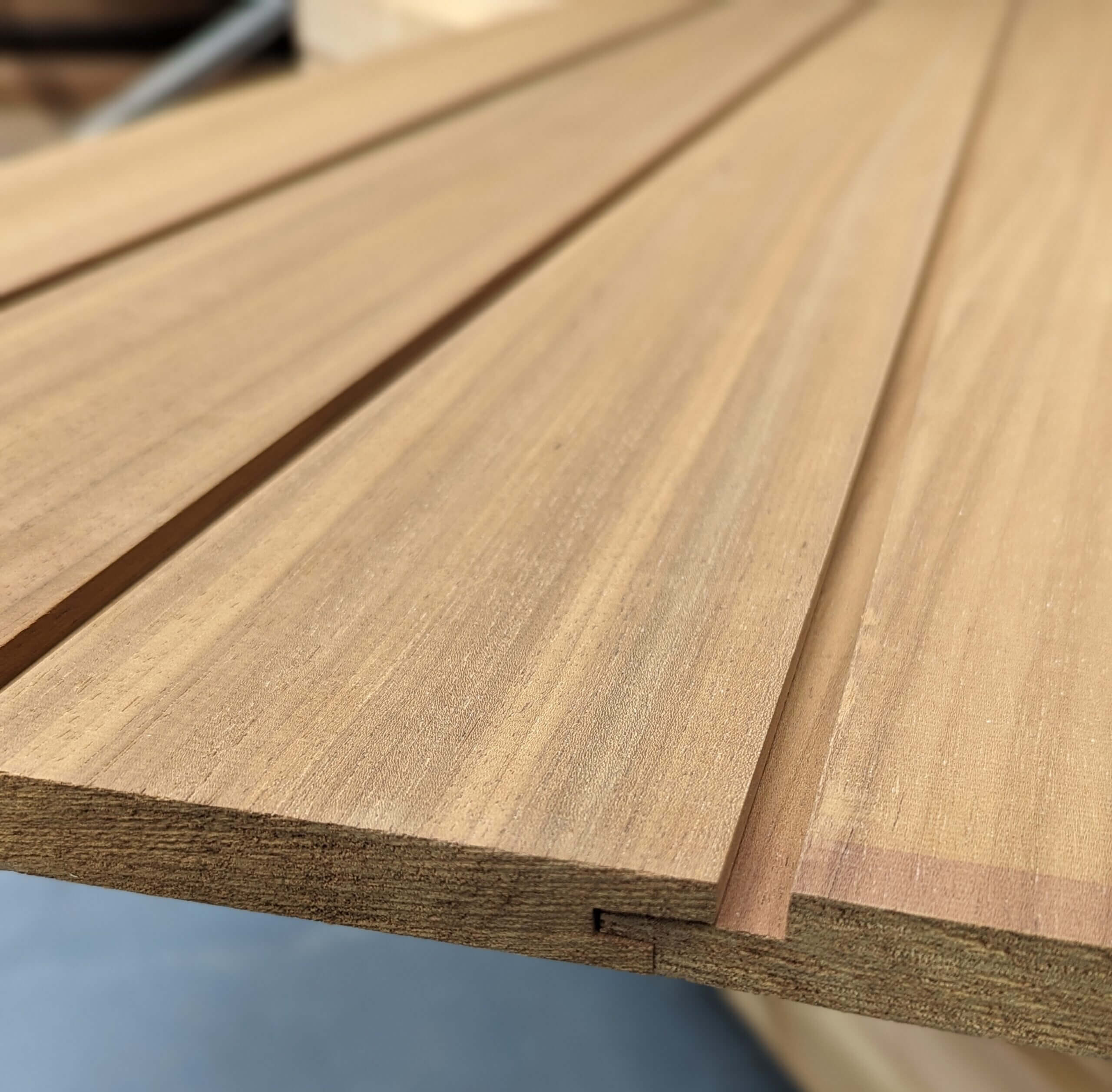
Douglas Fir: The Strong and Versatile Softwood
Douglas Fir is a strong and versatile softwood with a straight, pronounced grain and a reddish-brown color. It is widely used in construction and woodworking due to its strength and workability.
Douglas Fir has moderate natural water resistance, but its performance can be significantly improved with proper treatment. When pressure-treated or coated with a high-quality sealant, Douglas Fir can resist moisture and decay effectively. This makes it suitable for exterior applications such as decking, siding, and structural components. Its strength and aesthetic appeal also make it a popular choice for exposed beams and other architectural elements.
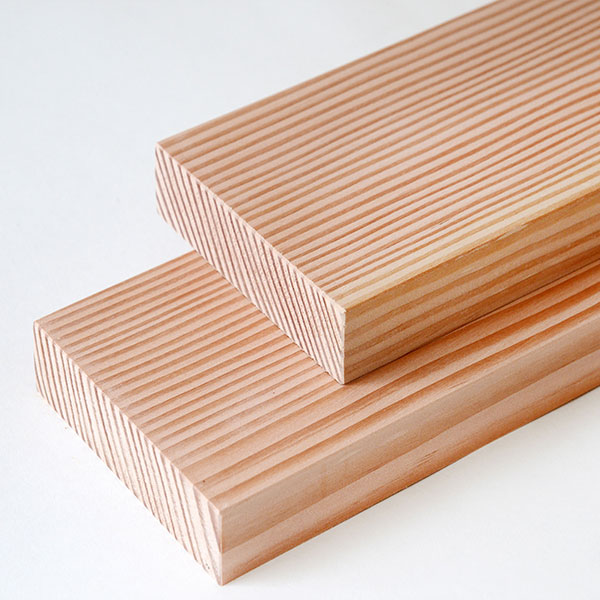
Conclusion:
Selecting the right wood species for your project is essential for ensuring durability and longevity, especially when dealing with moisture exposure. Iroko and White Oak offer excellent natural water resistance, while Red Cedar provides a lightweight and aromatic option. Heat-treated Ayous benefits from modern enhancements to improve its durability, and Douglas Fir remains a robust and versatile choice when properly treated. Each of these wood species has unique characteristics that can meet the specific demands of your project, ensuring it stands the test of time.
Whether you’re building a deck, crafting outdoor furniture, or constructing a garden structure, choosing one of these water-resistant wood species will help ensure your project’s success and longevity.
Buy Quality, Affordable Iroko Wood at K-TIMBER
Are you looking for a reputable supplier of Iroko wood, offering quality at a reasonable price? K-TIMBER is the perfect choice for you. With over 20 years of experience in the timber export industry and successful exports to over 30 countries worldwide, we have established ourselves as a leading provider of quality Iroko wood.
Should you buy Iroko wood at K-TIMBER?
- Top-Quality Wood: K-TIMBER is committed to providing Iroko wood, and other African hardwoods, to the FAS (First and Seconds) grade standard, ensuring up to a 90% yield of high-quality, defect-free wood—free from warping, cracking, heartwood issues, sapwood, and pests, thus guaranteeing a durable and high-quality wood supply for our customers.
- Sustainable Origin: Building a close relationship with the Angolan government, K-TIMBER guarantees a supply of quality wood, sustainably sourced from tropical forests and fully certified by the FSC (Forest Stewardship Council).
- Competitive Pricing: Along with quality, K-TIMBER is confident in offering our customers Iroko wood at prices 20% lower than the market rate. We supply up to 20,000 cubic meters of wood each month.
- Customer Service: The quality of our customer service is also a key factor in the success of K-TIMBER. Our team is always ready to assist and answer any questions from customers 24/7, despite the different time zones in each country.


